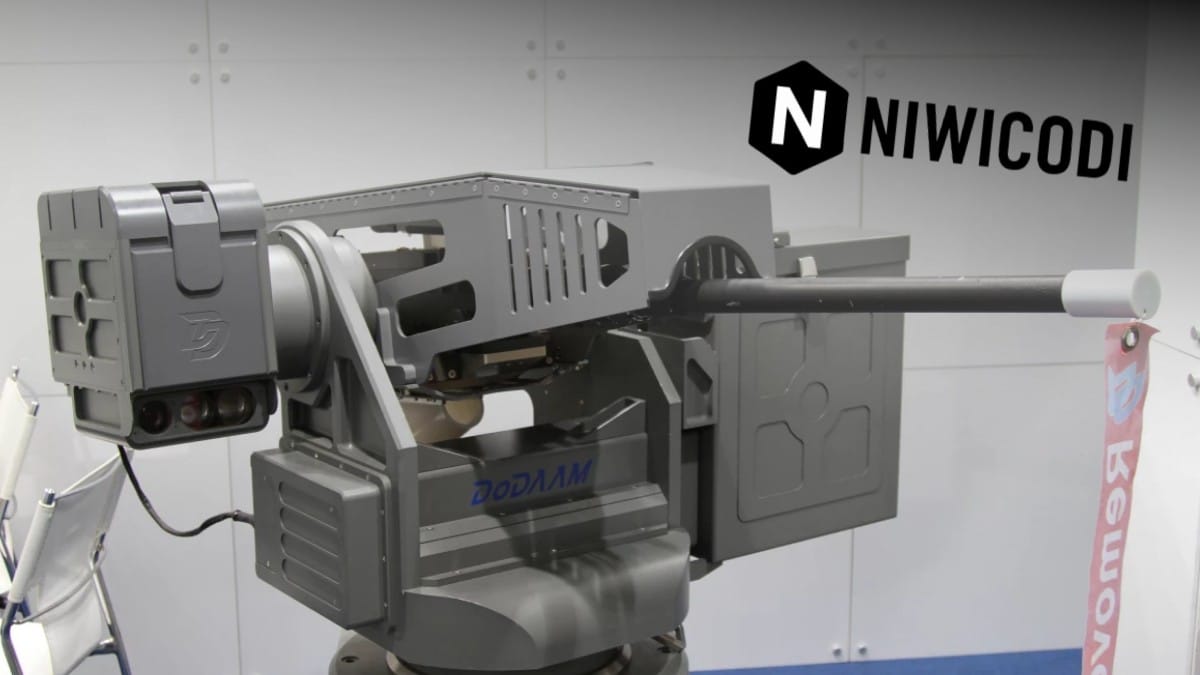In the world of technology, where innovation often feels incremental, Bone AI is making a bold move. This South Korean startup has raised $12 million to carve out its space in the defense sector, a domain traditionally dominated by industry giants. But what makes Bone AI truly intriguing is not just its financial backing—it’s the fusion of AI with robotics aimed at redefining defense capabilities.
Challenging the Status Quo with AI
The defense sector in Asia is a complex landscape dotted with established players. What Bone AI is attempting is nothing short of ambitious: to disrupt this status quo with cutting-edge, AI-powered robotics. The technical prowess behind such an endeavor can’t be underestimated. By integrating advanced machine learning algorithms with precision manufacturing, Bone AI is developing systems that are not only smarter but also more adaptable to the dynamic requirements of modern defense operations.
What sets Bone AI apart is their approach to robotics. Traditional defense robotics often rely on predefined programming and rigid frameworks. In contrast, Bone AI leverages artificial intelligence to imbue their machines with a form of situational awareness. This means that instead of being mere tools, these robots can analyze environments, assess threats, and make real-time decisions. Imagine a surveillance drone that doesn’t just capture footage but understands what it sees and alerts human operators to potential threats autonomously.
Of course, entering a market filled with well-established competitors isn’t just about having superior technology. It’s also about scalability and partnerships. Here, Bone AI’s strategy involves forging alliances with local manufacturers to ensure their innovations are not only cutting-edge but also cost-effective. This blend of local collaboration and high-tech innovation could be the key to their success in the region. To read TikTok adds AI content control: what it changes for users
As we look at the broader implications, Bone AI’s endeavor raises essential questions about the future of defense technology. Will such advancements lead to more autonomous military systems? How will these innovations impact global defense strategies and ethical considerations? While these questions linger, one thing is clear: Bone AI’s venture into AI-powered defense robotics offers a glimpse into a future where machines play increasingly crucial roles in safeguarding nations.
In an industry where tradition often holds sway over innovation, Bone AI’s journey suggests that even the most entrenched sectors are ripe for transformation. Their progress will be worth watching—not just for its technological implications but for what it signals about the evolving landscape of global security.


